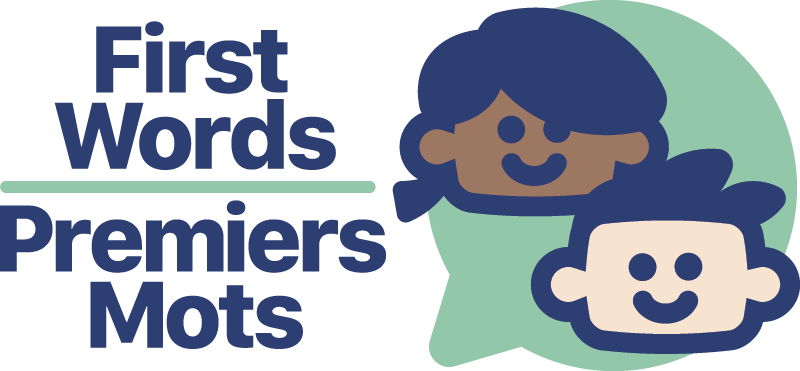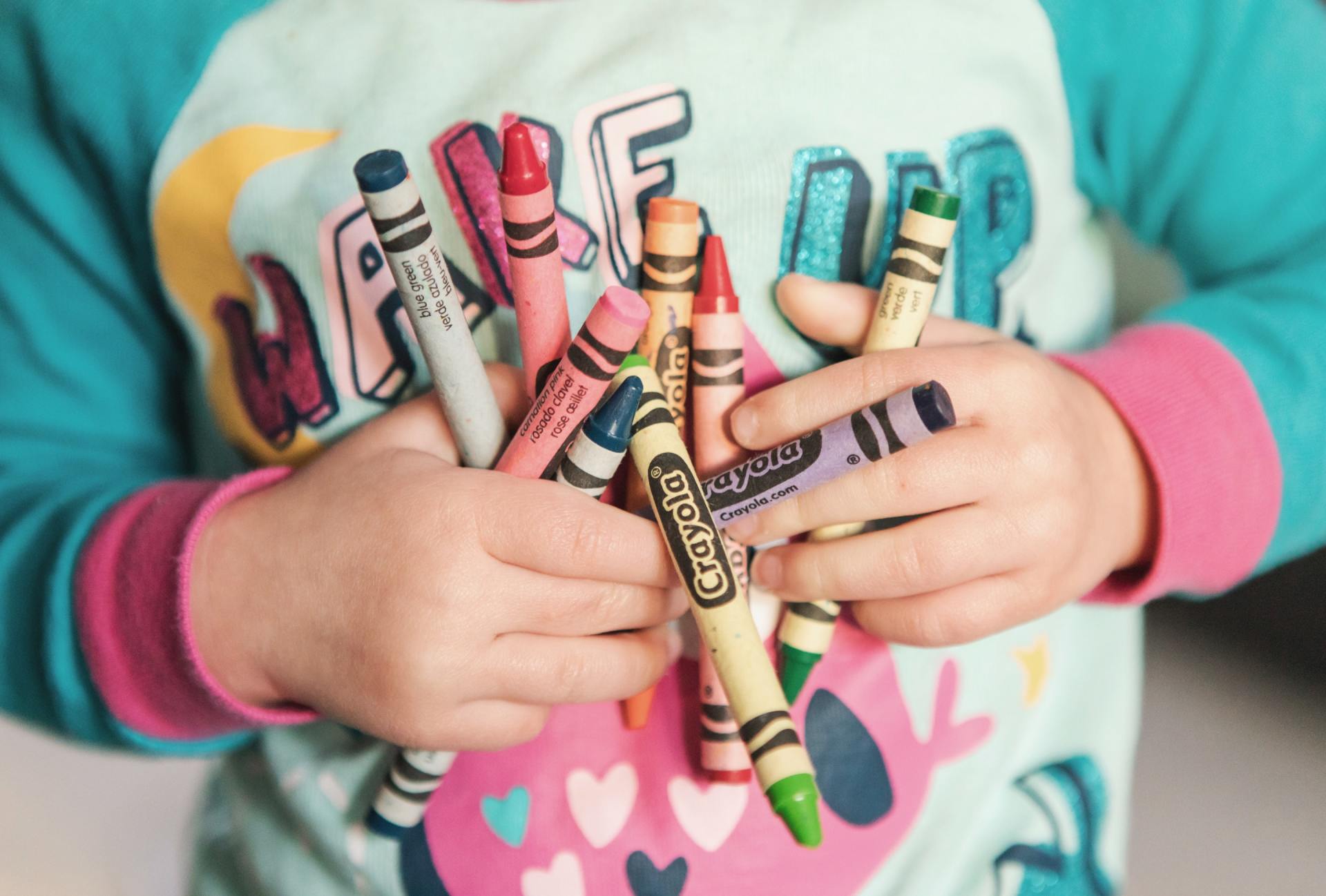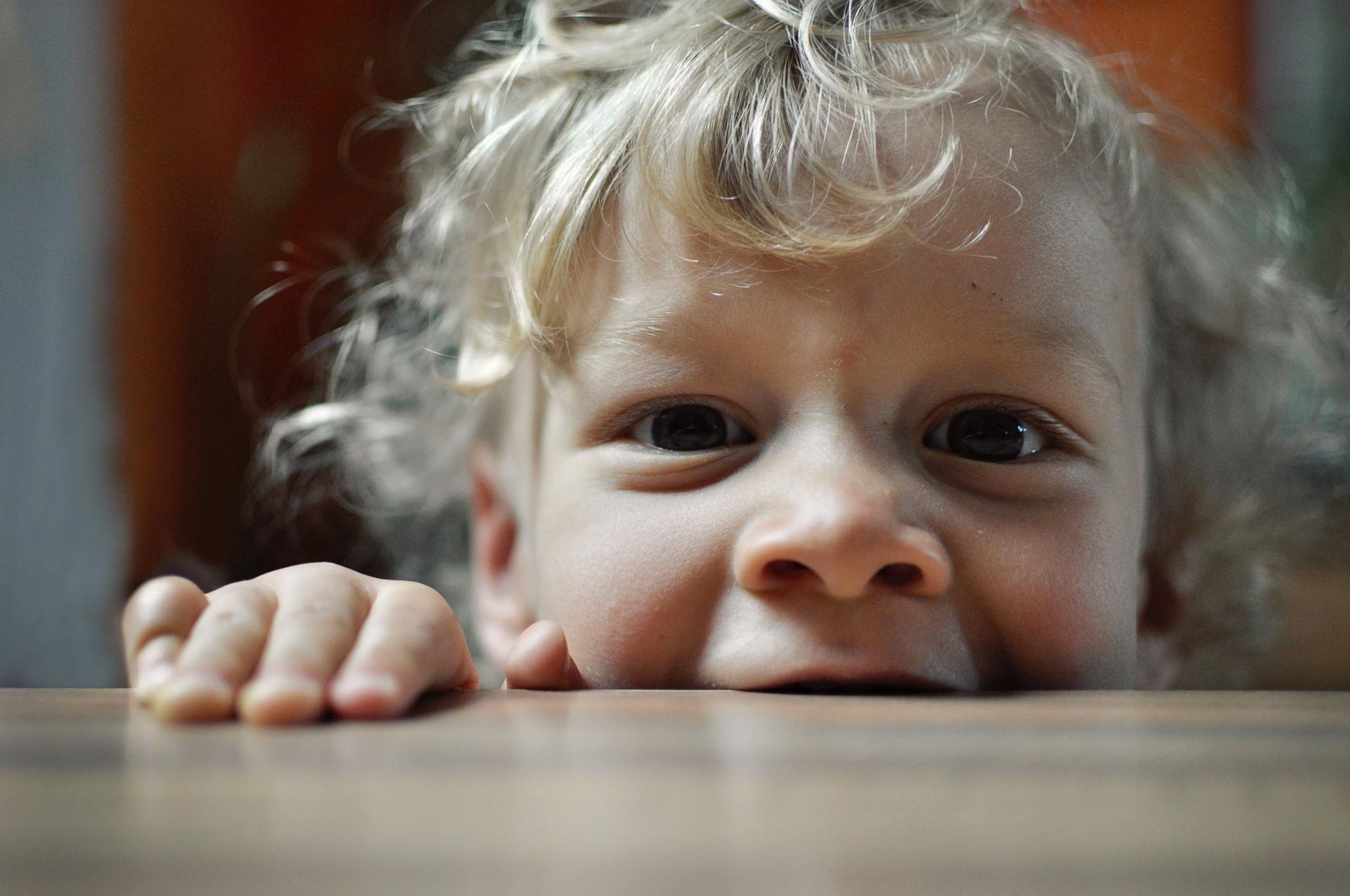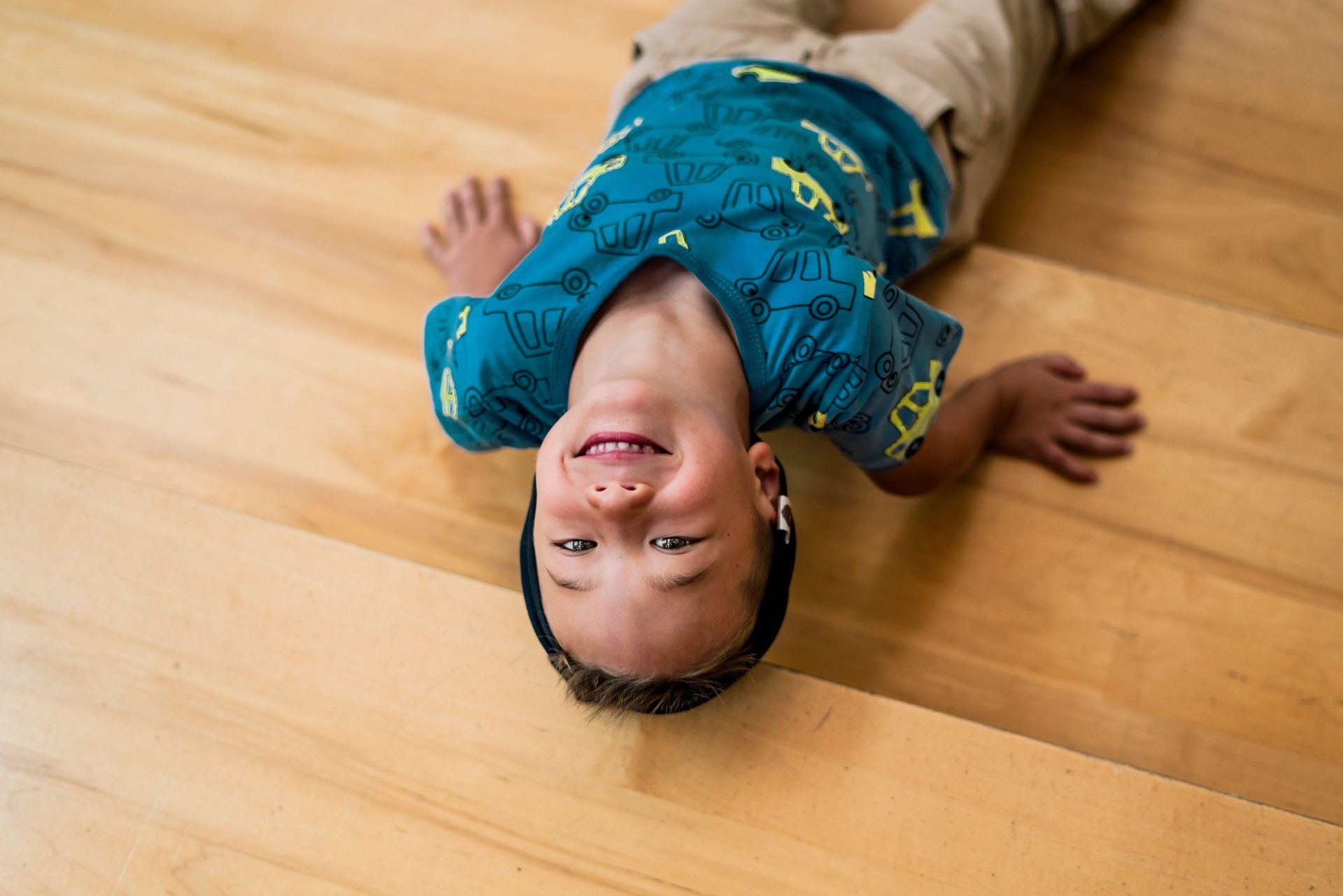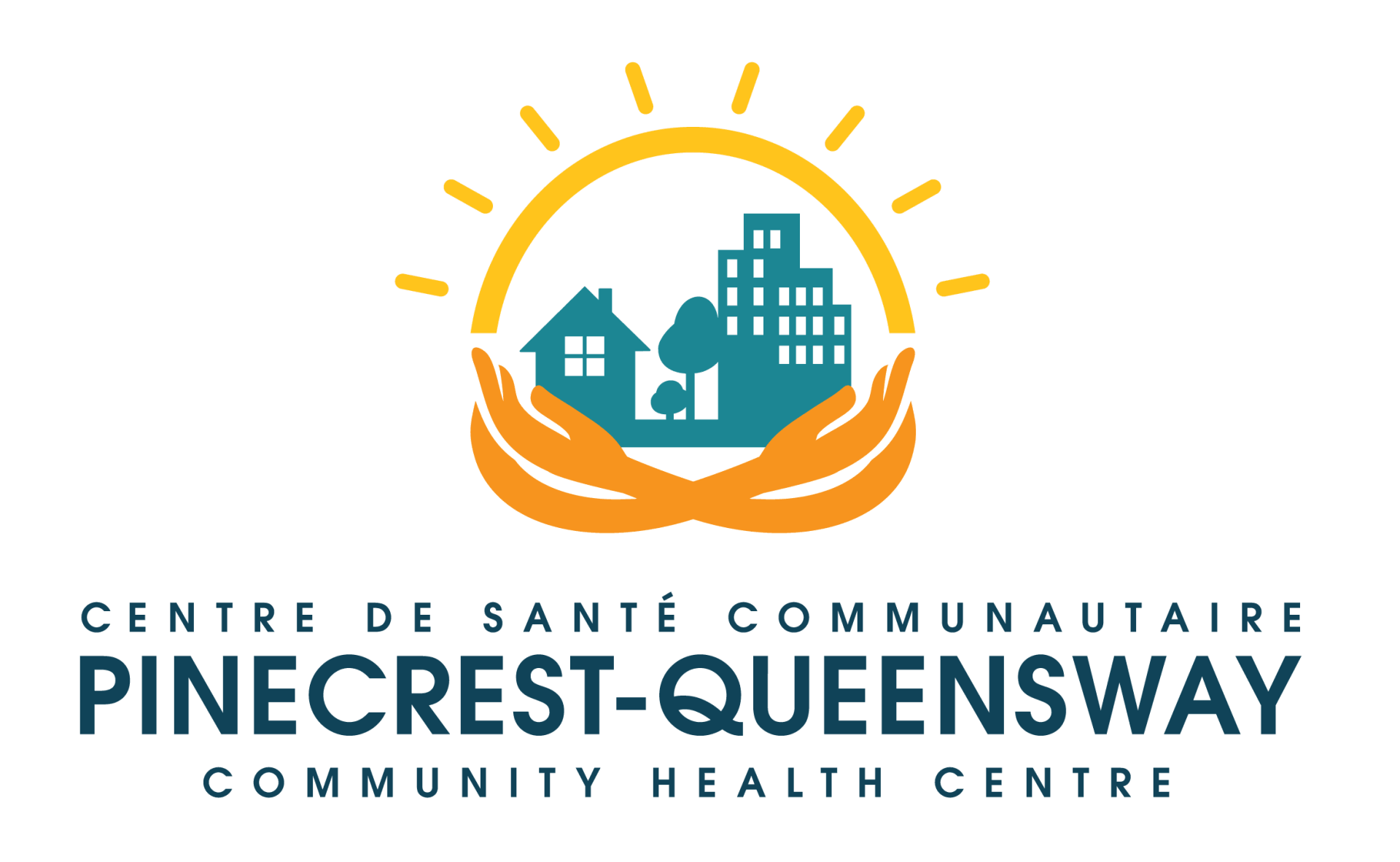Resources

Although young babies don’t understand the meaning of your words, they understand a lot by the way that you touch and hold them. They also learn from the expression on your face, the tone of your voice and the gestures that you make. Remember it is by talking to them that they learn words. Surround your baby with words when you feed, diaper and play with them.
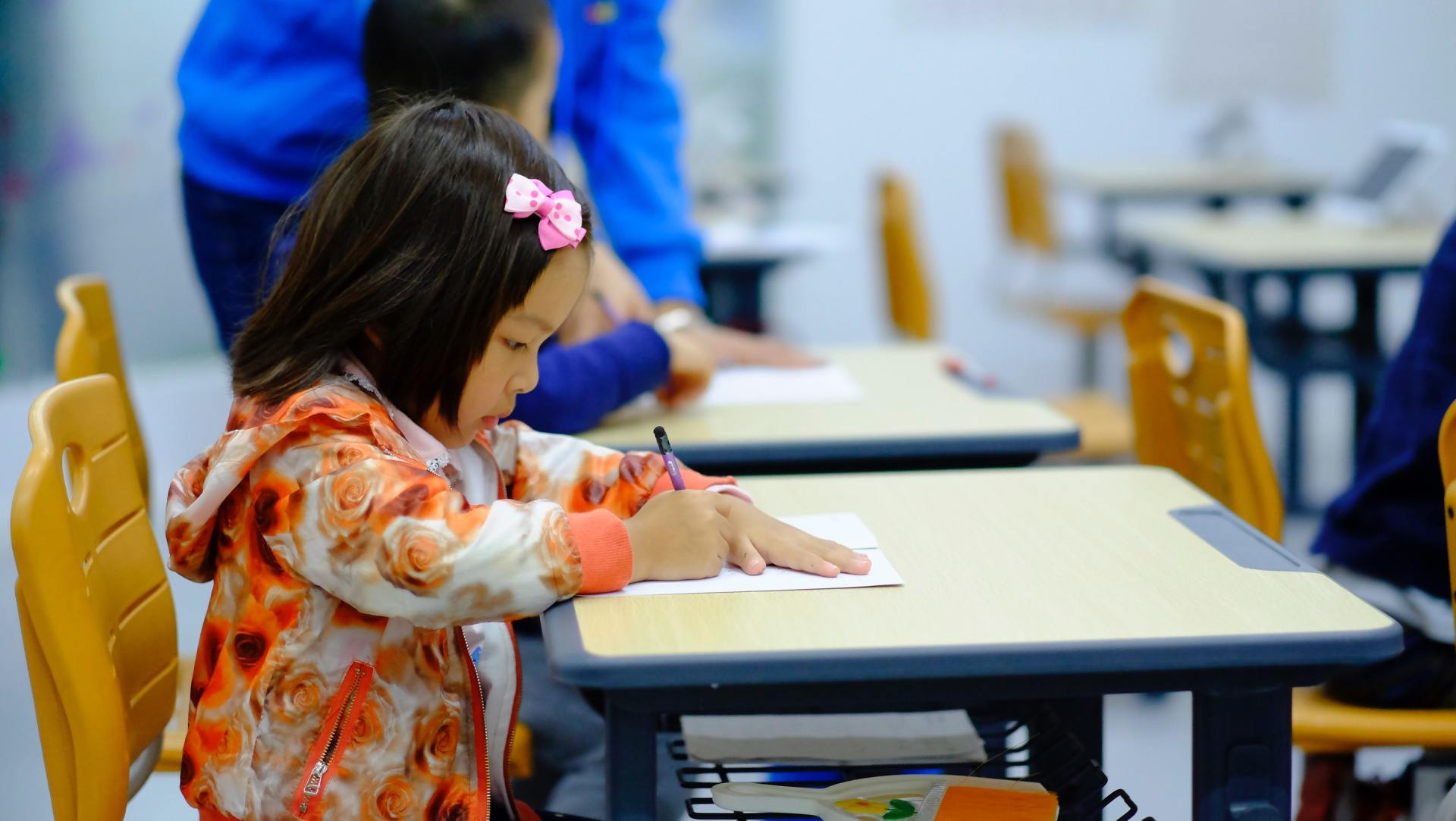
When children start school, they should be ready to learn. Parents can do many things to help their children get ready to learn. Children do better at school if they learn first language skills at home. Strong first language skills make it easier for children to learn another language at school. Remember to speak to your children in your FIRST language. Everything you do at home helps your children learn. Children need rest and healthy food. You can also take your children to activities like playgroups, nursery school and story time at the library. Small children learn many skills that prepare them to take part in school activities.
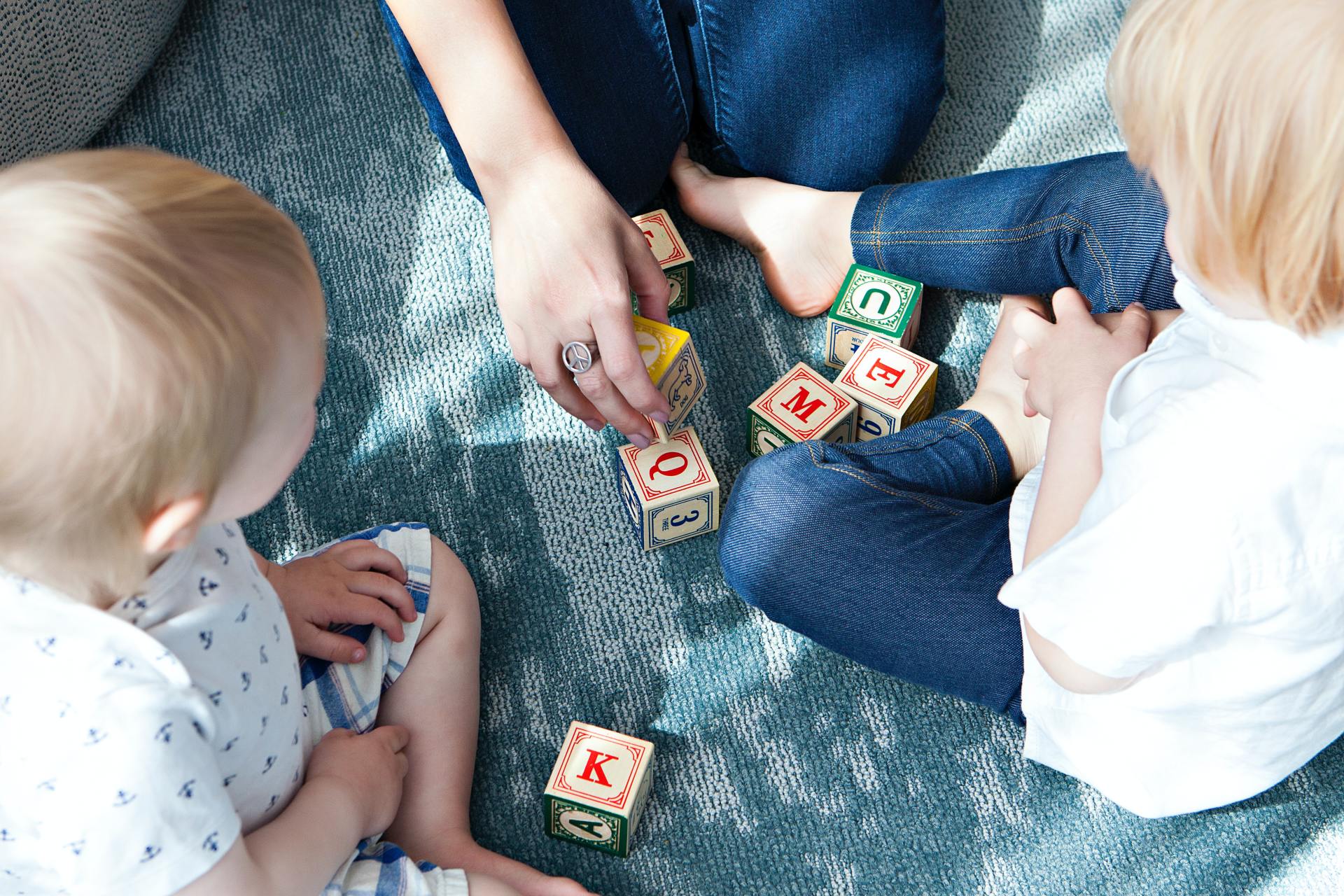
Children love to play. Play and music help children learn language skills in a way that is fun and easy. Remember to use your FIRST language when playing or singing with children to help them develop strong language skills. Children can learn important communication and language skills through play and music. When children play and enjoy music, they learn how to: listen and follow directions take turns and share solve problems understand and use new words listen for words that sound the same use their motor skills. The games and songs that children enjoy change as they grow and develop. Children under 6 months: reach for toys like rattles and mobiles listen to soft music. Children at 12 months: bang or stack toys play peek-a-boo and roll cars or balls move their bodies when they hear music. Children at 2 years: play hiding games use clothes to pretend they are like mom or dad dance and clap to music. Children between 3 and 4 years: begin to play together with other children like to use their imagination sing and fill in the words to songs they know. Children at 5 years: like to play games that have rules like to make things and do crafts sing and make up their own songs. Parents can help children develop their language and communication skills through music and play. Talk with children in your first language while you play together or while you watch them play. Add new words and ideas to what they say. Follow your children’s ideas. Choose music, toys or games that interest your children. A toy can be used in many ways. Make your own toys. Common objects like boxes can be used for stacking, car garages, doll beds or puppet shows. Encourage children to sing, clap, or tap along with music. Make up songs while you do activities like dressing or washing. Sing slowly to let children sing along. Use actions and sounds while you are singing. Take turns by waiting for your children to join in with sounds, words, and actions. Make up silly words for a song to help children learn about the sounds in words. Children learn and practice many important skills through play and music. Remember to use your FIRST language when playing or singing with your children to help them develop strong language skills. Other topics in this series include: Developing Language Through Reading and Story Telling Preparing Children To Learn At School Kindergarten Expectations: What You Can Do At Home Developing Language Through Television and Videos
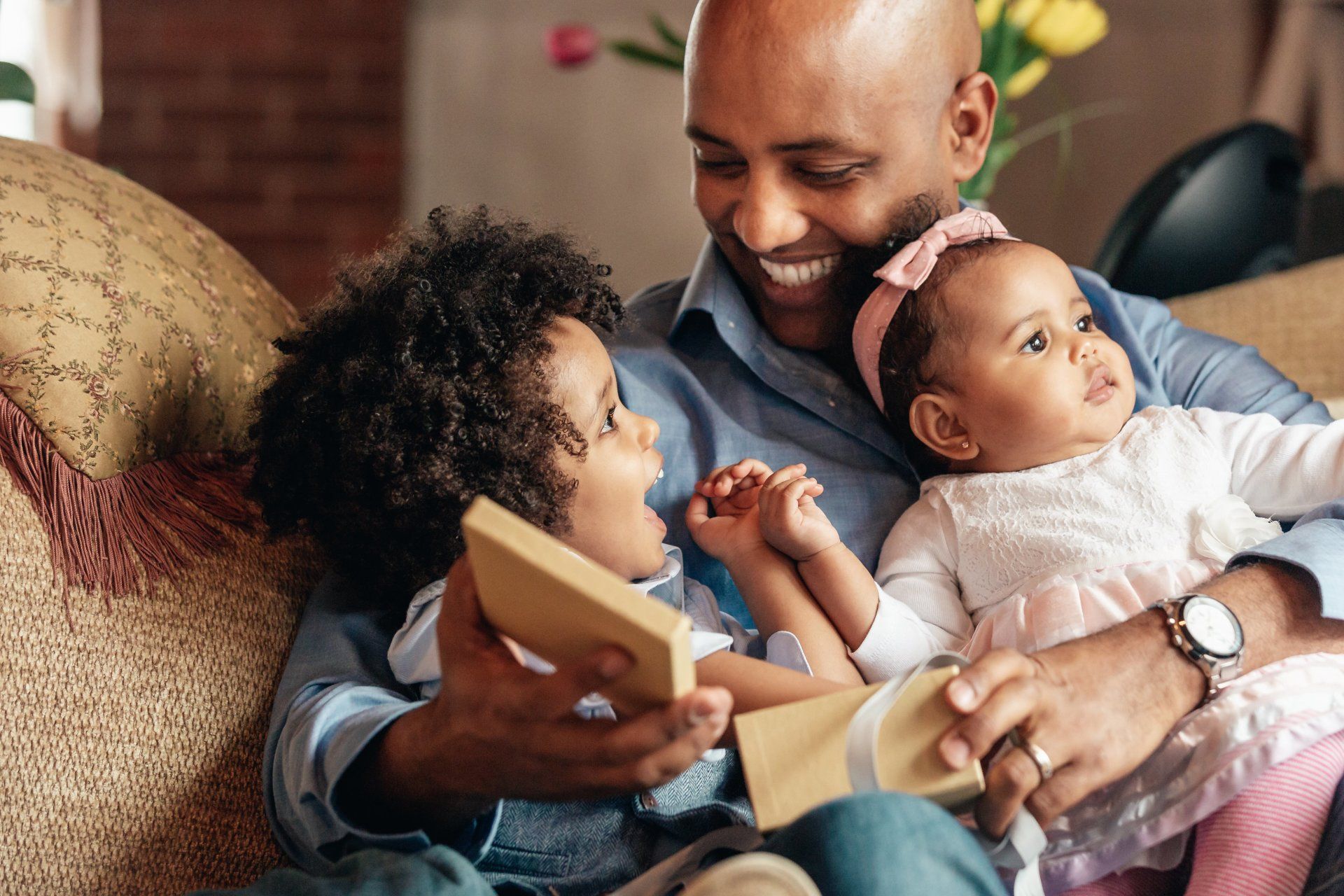
Reading is one of the best activities that you can do with children of any age. Reading books and talking about them helps children develop language skills. Talk about books in your FIRST language so that your children develop strong language skills. Children who are good readers do better in school. Reading helps children learn how to: listen well understand the meaning of new words ask and answer questions solve problems use their imagination. You can help children do well in school by reading to them from an early age. Children are NEVER too young or too old to be read to. For children under 18 months: Choose books made of plastic, cloth or hard paper. Very young children like to touch books and put them in their mouth. For children from 18 months to 3 years: Choose books with simple pictures of objects and actions that they can name. For children between 3 and 4 years: Choose stories where they can guess the ending or make up something new. For children 5 years and older: Choose books with longer stories. As they begin to read, children also like books with simple words. You can help children enjoy learning from books. Name the objects, people and actions in the pictures. Clearly repeat important words. Use new words and ideas to talk about the pictures. Sometimes, wait and let your child finish the word or sentence. Make reading fun by changing your voice for different parts of the story. Sometimes make up your own stories together. Encourage children to tell a story from a book or from their imagination. Telling stories without books can be fun! Try reading words on signs, magazines, advertisements or cereal boxes. Don’t force children to choose story time instead of TV or play. Have a time for all activities. Be sure you and your children are comfortable when reading together. Find a quiet convenient time to read every day. Remember to use talk about books in your FIRST language so that your children develop strong language skills . Other topics in this series include: Developing Language Through Play and Music Preparing Children To Learn At School Kindergarten Expectations: What You Can Do At Home Developing Language Through Television and Videos
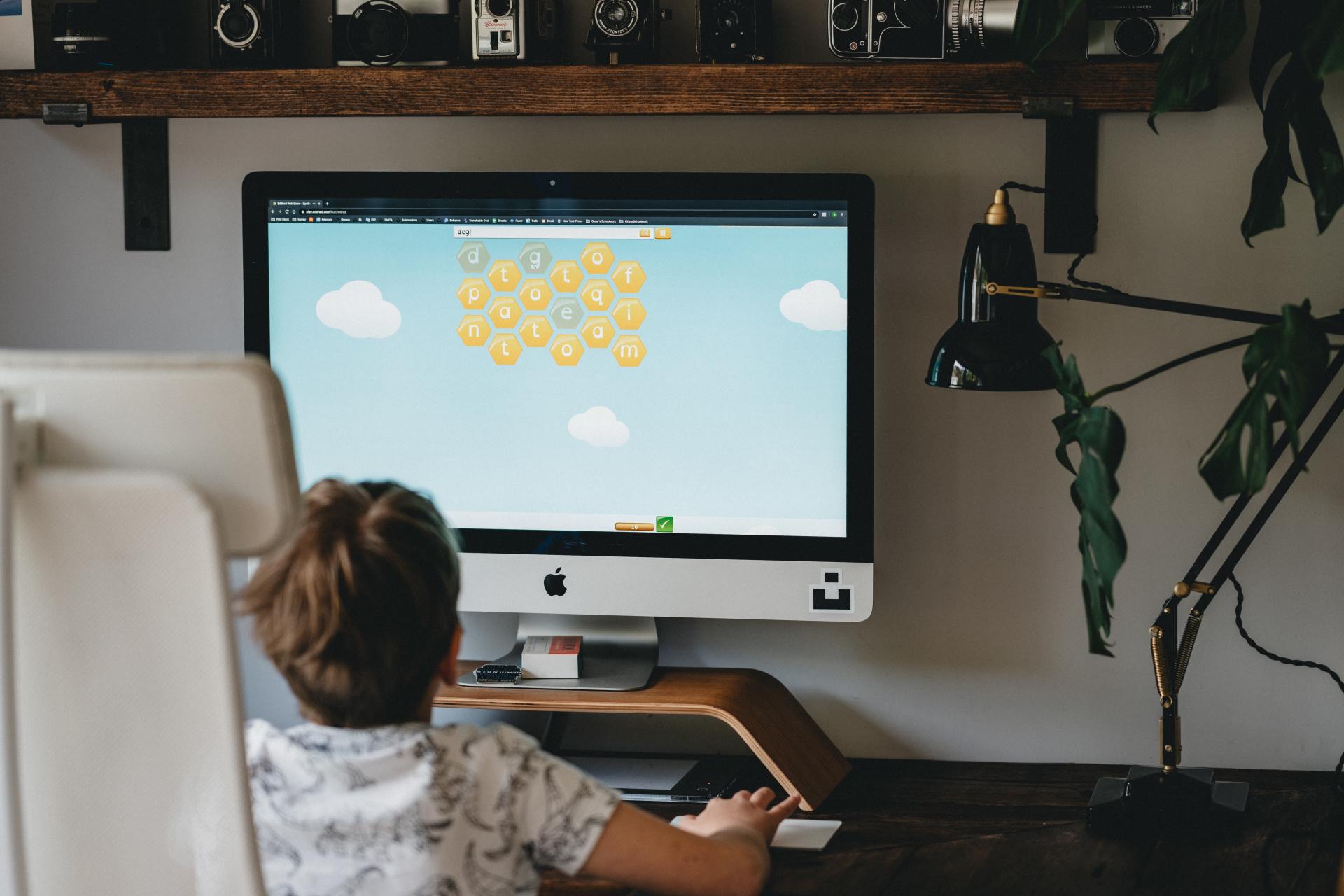
Most children like to watch television and videos. Television is one way children can learn new words and ideas. It is important to talk with your children about what they are watching. Remember to talk in your FIRST language to help your children develop strong language skills. Television and videos are in most homes today. Children can learn from television and videos if we guide them in making good choices. Young children under 2 years do not learn much from watching television and videos. * The Canadian Pediatric Society recommends NO screen time for children under the age of 2 years of age. Recommendations for children from 2-5 years of age is to limit exposure and no more than 1 hour per day. Check the ratings for movies and television shows. Ratings tell you whether the show suits the age of your children. Ratings can help you and your children make good choices about what to watch. Talk about what programs are on television to help your children make good choices. Make rules about watching television. Experts say that children should not watch more than 1 hour of television a day. Children need to do many kinds of activities to develop different skills. Books, games and music help children learn to play with others as well as develop their language skills. Children become better listeners and talkers when the television is not on. Take the time to talk with your children every day. Talk with your children about what they see and hear on television shows and commercials. When you watch some of the show with your children, you can talk about it right away. Children also enjoy programs where they can join in by clapping, dancing or acting out the story. After watching a program, children can do many activities to help them understand what they have seen and heard. Television and videos can help children develop language skills. Parents need to help their children make good choices about what to watch. Remember to use your FIRST language to talk with your children about what they see and hear on TV and in videos . Other topics in this series include: Developing Language Through Play and Music Preparing Children To Learn At School Kindergarten Expectations: What You Can Do At Home Developing Language Through Reading and Storytelling

Every family wants their children to do well in school. Families can help their children learn at home so they are prepared for kindergarten. Children do better at school if they develop strong language skills at home. Remember to talk in your FIRST language with your children, so they develop strong language skills for school. Parents are their children’s first teachers. To help children get ready for kindergarten families need to do many activities together. Children are expected to know certain information and skills at the end of each school year. In Ontario, there are five major areas in the kindergarten program. Language In kindergarten children learn to: communicate their needs and ideas by listening and speaking follow simple directions understand and talk about a variety of books and stories read aloud to them recognize sound and language patterns in words and sentences use different writing tools such as crayons, colored markers, computers print the letters of the alphabet, their own name and some short words Parents can help their children develop skills in the language area at home. These activities prepare children for writing, drawing and using computers. Talk with children while doing activities together to help them learn new words and ideas. Give children practice in following simple directions so they learn to listen and remember what they hear. Read with children daily. Read books, magazines, cereal boxes, or signs. Let children tell you what happened in a story or television program. Give children the chances to color, cut and paint. Mathematics In kindergarten, children learn to: count match objects sort and group objects put objects and ideas in the proper order recognize and make patterns understand words that show size and quantity, for example, “some, more, full”. Parents can help children learn about number work/ mathematics at home. Count together whenever you have the chance. Count toes, spoons in the drawer, or days of the week. Let children sort and group objects when setting the table or helping with the laundry. Use activities like making chocolate milk or a sandwich to help children learn about the steps required (what comes first, what comes next). Let children measure things like food, water, or sand. Use words like “full, more, same.” Use puzzles and building toys to teach children about patterns and words like “over, beside, behind.” Science and Technology In kindergarten, children learn: how common objects and technology work to understand and care for nature to explore and experiment to organize and plan a simple activity Parents can help their children learn about science and technology at home. Talk about how common objects work (for example, a can opener or a telephone). Look at and talk about our natural world including animals, plants and the weather. Let children help with home repairs such as changing a light bulb or fixing a chair. Talk about what you are doing. Plan and make meals with your children’s help. This is like doing simple science experiments at home. Personal and Social Development In kindergarten, children learn: how to behave and talk with different people to become more responsible for their choices to become more aware of their surroundings about health and safety rules coordination skills such as climbing, balancing, catching. Parents can help their children develop personal and social skills at home. Give children time to talk about worries and dreams. This will help them feel good about themselves. Talk about the choices children make at home so they can develop good judgement. This will help them make better decisions about friends and activities at school. Talk about what your children have seen and done when you go places. This gives them more confidence when they are in new situations. Teach children basic safety rules to keep them safe at home and at school. Give your children the chance to do many physical activities such as running, climbing, or playing ball to improve their coordination. The Arts In kindergarten, children learn: about different kinds of art forms such as sculpture, music, drama to use different art materials and techniques to respond to drama, music, art. Parents can help children learn to enjoy the arts and develop their skills in this area. Encourage your children to enjoy music in many ways. They can listen, dance, sing along or make their own music. Let children use and talk about art materials such as play dough, glue, scissors and markers. Make puppets out of bags, wood crafting sticks, or socks. When children play with puppets they develop the idea of drama and creative story-telling. Parents are important partners with teachers throughout their children’s school years. At home, parents can help their children practice what they are learning. Remember to use your FIRST language as you work and play together so they can do their best at school . Other topics in this series include: Developing Language Through Play and Music Preparing Children To Learn At School Developing Language Through Television and Videos Developing Language Through Reading and Storytelling
Let's Talk
Still have questions that you couldn't find the answers to?
Speak to a Public Health Nurse!
Call Now!
Speak to a Public Health Nurse!

